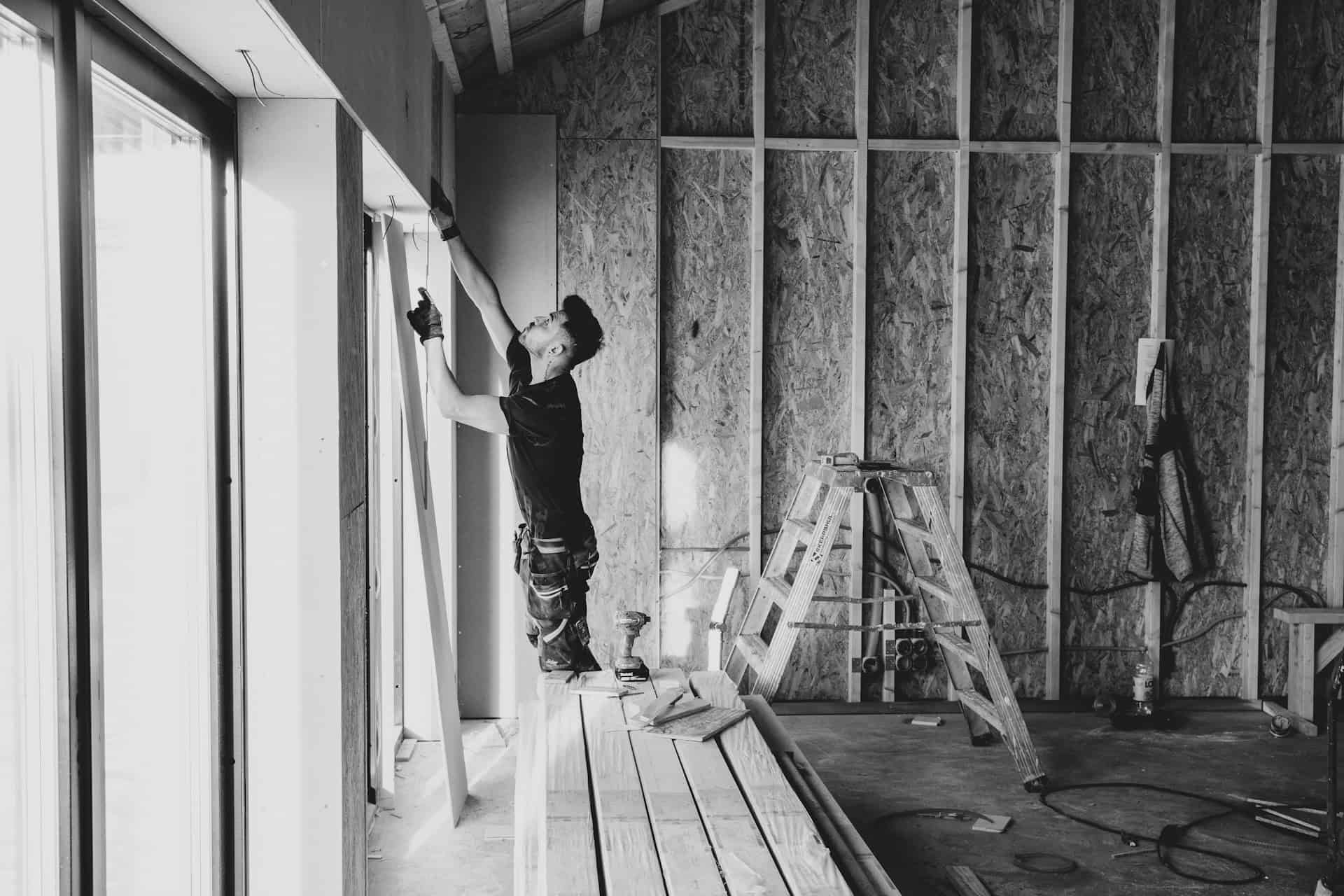The new Labour government have announced their plans to increase housebuilding across the nation. They say that the overhaul of the planning system will “meet the needs of working people and put communities first”.
In the absence of the Island Planning Strategy — something the Alliance Group (the ruling group at Isle of Wight council) have been pushing to secure for the past three years — the impact of the new Government planning strategy on the Isle of Wight could mean a substantial increase in the housing targets (see below).
Reeves: Boost housebuilding in areas most in need
Angela Rayner, the Deputy Prime Minister, announced the plans on Tuesday (read the full speech), saying,
“The new targets will boost housebuilding in areas most in need, to help more people buy their own homes, and help drive growth – making everyone in the country better off.”
A consultation has been launched on the Government’s proposed approach to revising the National Planning Policy Framework (NPPF) in order to achieve sustainable growth in the planning system.
Island impact: Increase in housing targets
The Island Planning Strategy — the crucial council planning document which sets out the overall approach towards future development on the Island and the policies to be used in assessing planning applications — has been held up from being approved by Government several times in the past few years. This is despite the Alliance Group’s attempts to ensure the plan was set in stone.
The Island Plan would have locked in the annual target of 453 new homes built each year until 2037.
The former Conservative Government’s annual target of new homes on the Isle of Wight was 703, but the new Labour Government have provisionally increased that target by 499 to 1,104 new homes every year for the next five years.
Councillor Phil Jordan, leader of Isle of Wight council, told OnTheWight, that he is seeking clarification from government on Plans that are at an advanced stage – as is the case for the Island Plan which is due to be submitted to the Planning Inspectorate in September – as to whether they can continue with current housing figures or need to be re-configured under the Standard Method laid down by the previous government.
Housing crisis
The Island has been facing a housing crisis in recent years with more than 80 per cent of its private rented stock becoming unavailable for long-term lets since the Covid pandemic.
Around 15,000 households are struggling to find accommodation with those on the lowest incomes unable to afford current market rents and prices.
Article edit
1.50pm 31st July 2024 – Comment from PJ added
2.10pm 31st July 2024 – RR corrected to Angela Rayner





